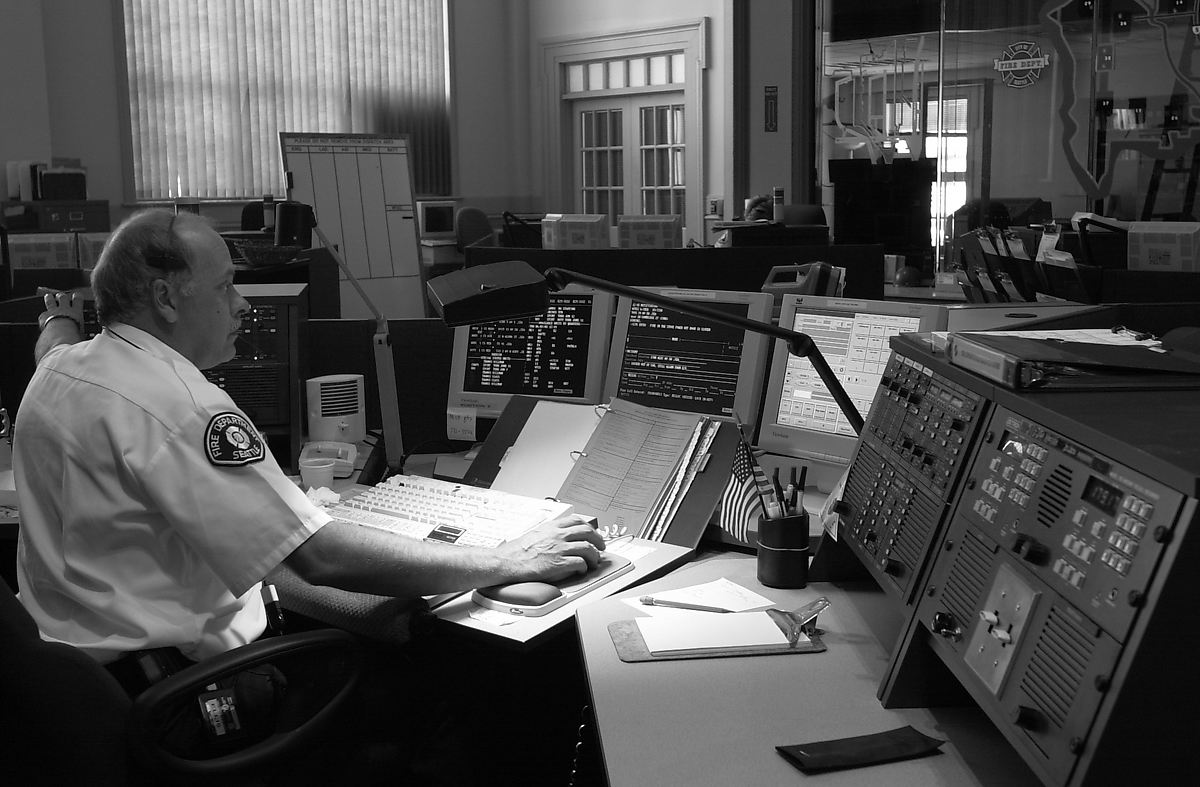Table of Contents
In the United States, 70 percent of all emergency calls are made on cell phones. Ambulance, police, and fire department dispatchers, however, receive GPS data as seldom as 5 percent of the time.
The Federal Communications Commission (FCC) and the four major cell phone carriers are working on a solution, although they are working on it very slowly. The new FCC rules call for identifying data to be transmitted on just 40 percent of cell phone calls by 2017, and 80 percent of cell phone calls to 911 by 2021.
Even within these goals, however, the major carriers are reticent to take responsibility for all calls. Their trade association, CTIA The Wireless Association, plainly states that cell phones were not designed for use indoors, and therefore it is unreasonable to expect them to function for 911 calls when used indoors.

The latest FCC rules are not the first attempt to improve the transmission of location data with 911 calls. The original goal was two-thirds of 911 calls made on cell phones outdoors by 2002. Even this relatively modest reliability standard has been delayed, and delayed, and delayed again, for 15 years. GPS data for cell phones used indoors is often off by hundreds of feet.
Within the serious limitations of the system, what is the best you can do?
- Don't assume zero bars means no service. Sometimes you can connect to 911 even if you cannot hear them or they cannot hear you, and just enough information may be transmitted for a resourceful 911 dispatcher to send help.
- If you haven't paid your phone bill, you can still use your phone to call 911. However, there is no way to call you back. If you hang up, or your call gets cut off, you will have to redial to continue talking with the dispatcher.
- When there is no cell phone service, leave your phone on. Your phone will attempt to make a "digital handshake" with the last cell phone tower it contacted. If the 911 dispatchers know your cell phone service, they may be able to locate your phone, and you.
- While you are waiting for help to arrive, conserve the battery on your phone. Turn off the backlight. Turn off wifi and Bluetooth. Keep your phone on, so you can receive calls, but use it only as absolutely necessary.
- When you can't make a call, send a text. This is especially useful in widespread emergency situations in which cell phone networks are overloaded. You can't text 911, but you can text friends or family members who may be able to call 911.
What if the only communications device you have is the Internet? You can't call 911 directly from the Internet, but you can contact friends, or post on Facebook or chat rooms, and ask others to call for emergency assistance for you.
If you subscribe to a Voice over Internet Protocol (VoIP) service, make sure that your VoIP provider knows your physical address, and keep your laptop charged. You don't want your computer to power off in the middle of a 911 call.
- John Kelley and Brendan Keefe. 911's Deadly Flaw. USA Today. 22 February 2015.
- Photo courtesy of Seattle Municipal Archives via Flickr: www.flickr.com/photos/seattlemunicipalarchives/2696314432
- Photo courtesy of Raymond Bryson via Flickr: www.flickr.com/photos/f-oxymoron/5089632263


Your thoughts on this